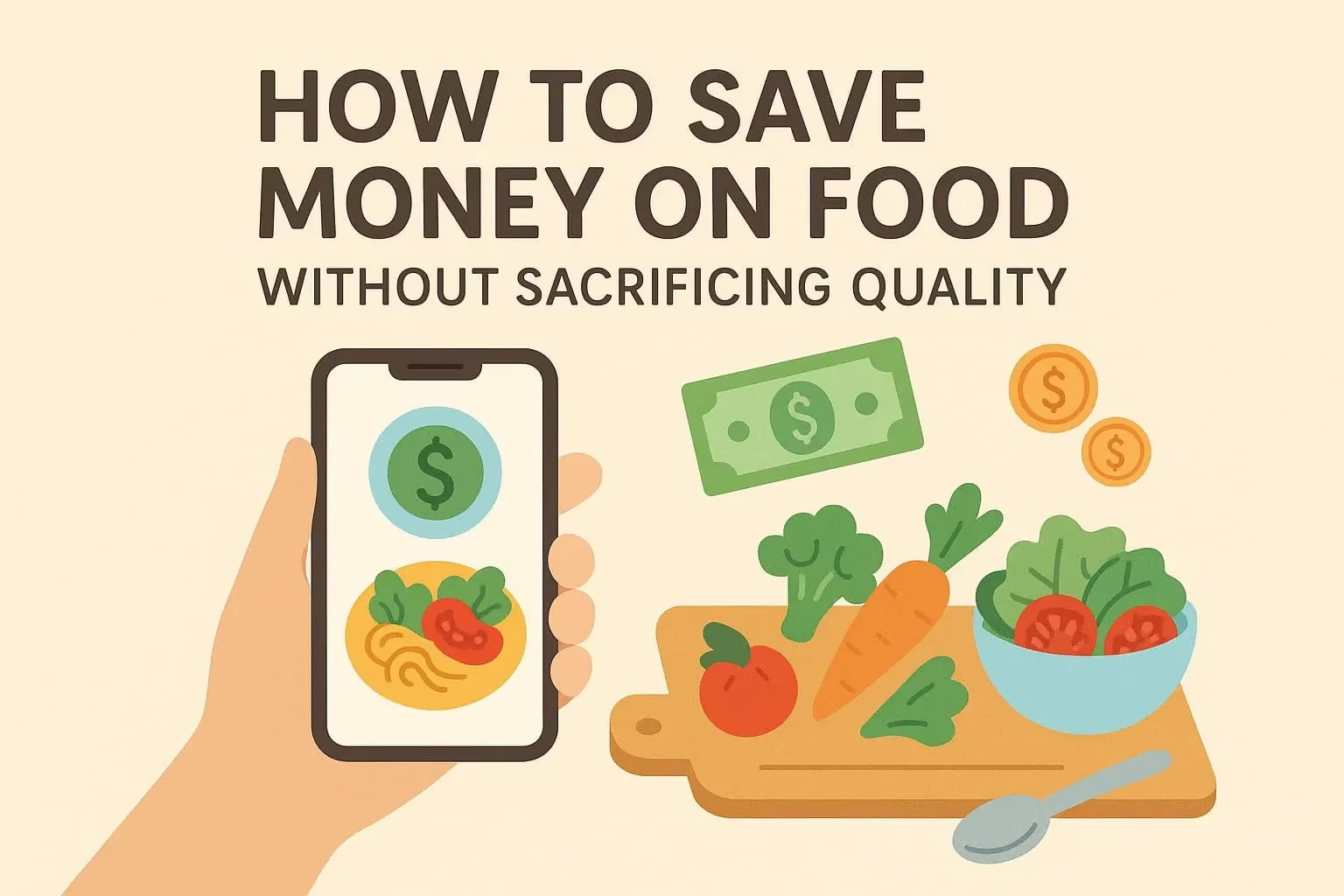Switching to plant-based baking doesn’t mean giving up your favorite cakes, muffins, or cookies. In fact, it’s easier than ever to replace eggs in baking — and still get the same texture, rise, and flavor you love.
Whether you’re vegan, allergic to eggs, or simply ran out of them, this guide shows you 5 simple, effective egg replacements using ingredients you probably already have at home.
Why Replace Eggs in Baking?
Eggs serve several roles in baking:
- Binding – holding ingredients together
- Leavening – helping baked goods rise
- Moisture – adding richness and softness
- Structure – creating a firm, fluffy texture
The key is to choose the right substitute for the job — and you’ll never miss the egg.
1. Flaxseed “Egg”
Best for:
Cookies, muffins, pancakes, brownies
How to make:
- 1 tablespoon ground flaxseed
- 3 tablespoons water
Instructions:
Mix and let sit for 5–10 minutes until it forms a gel-like consistency.
Why it works:
Flax is full of fiber and creates a gooey texture that mimics the binding power of eggs.
2. Chia Seed “Egg”
Best for:
Breads, muffins, pancakes, dense cakes
How to make:
- 1 tablespoon chia seeds (whole or ground)
- 3 tablespoons water
Instructions:
Stir and let sit until it becomes a thick gel.
Bonus:
Chia adds extra nutrition — omega-3s, fiber, and a little crunch (unless ground).
3. Mashed Banana
Best for:
Quick breads, muffins, cakes, brownies
How to use:
- Replace 1 egg with 1/4 cup mashed ripe banana
Tip:
Banana adds a subtle sweetness and moisture — best used in recipes where a fruity flavor complements the dish.
4. Unsweetened Applesauce
Best for:
Cakes, muffins, soft cookies, cupcakes
How to use:
- Replace 1 egg with 1/4 cup applesauce
Tip:
Choose unsweetened applesauce to control sugar. It adds moisture and softness, but won’t help with rising — so pair it with baking powder when needed.
5. Baking Soda + Vinegar
Best for:
Light and fluffy cakes, cupcakes, quick breads
How to use:
- 1 tablespoon vinegar (apple cider or white)
- 1 teaspoon baking soda
Instructions:
Add both to the wet ingredients — the chemical reaction creates bubbles that help baked goods rise.
No aftertaste, no banana — just light and airy texture.
Bonus Alternatives (For Specific Needs)
- Silken tofu – 1/4 cup blended = 1 egg (great for dense cakes or brownies)
- Plant-based yogurt – 1/4 cup = 1 egg (good for muffins and loaf cakes)
- Pumpkin puree – 1/4 cup = 1 egg (works like banana but adds an autumn vibe)
Which Egg Substitute Should You Use?
Here’s a quick cheat sheet:
| Recipe Type | Best Substitute |
|---|---|
| Cookies | Flax egg, applesauce |
| Muffins | Banana, chia egg |
| Cakes | Baking soda + vinegar, yogurt |
| Brownies | Banana, tofu |
| Pancakes | Flax egg, applesauce |
Do Egg Replacers Work in All Recipes?
Egg substitutes work well in most baked goods, especially where eggs are used for binding or moisture. However, they may not work in:
- Recipes that rely heavily on eggs for structure (e.g., soufflés, angel food cake)
- High-rise sponge cakes (unless adjusted carefully)
Still, for 99% of everyday baking, you’ll get excellent results with the swaps above.
Tips for Successful Plant-Based Baking
- Mix egg replacers well before adding to your batter
- Let them sit (flax, chia) so they fully gel
- Don’t overdo it — too much fruit puree can make your baked goods gummy
- Add a little extra leavening when needed (like baking powder)
Bake Confidently — No Eggs Required
Baking without eggs is easier than you think. With just a few pantry staples, you can enjoy all your favorite treats — soft, fluffy, moist, and 100% plant-based.
Try your next recipe with one of these substitutions and see just how delicious (and simple) egg-free baking can be!






